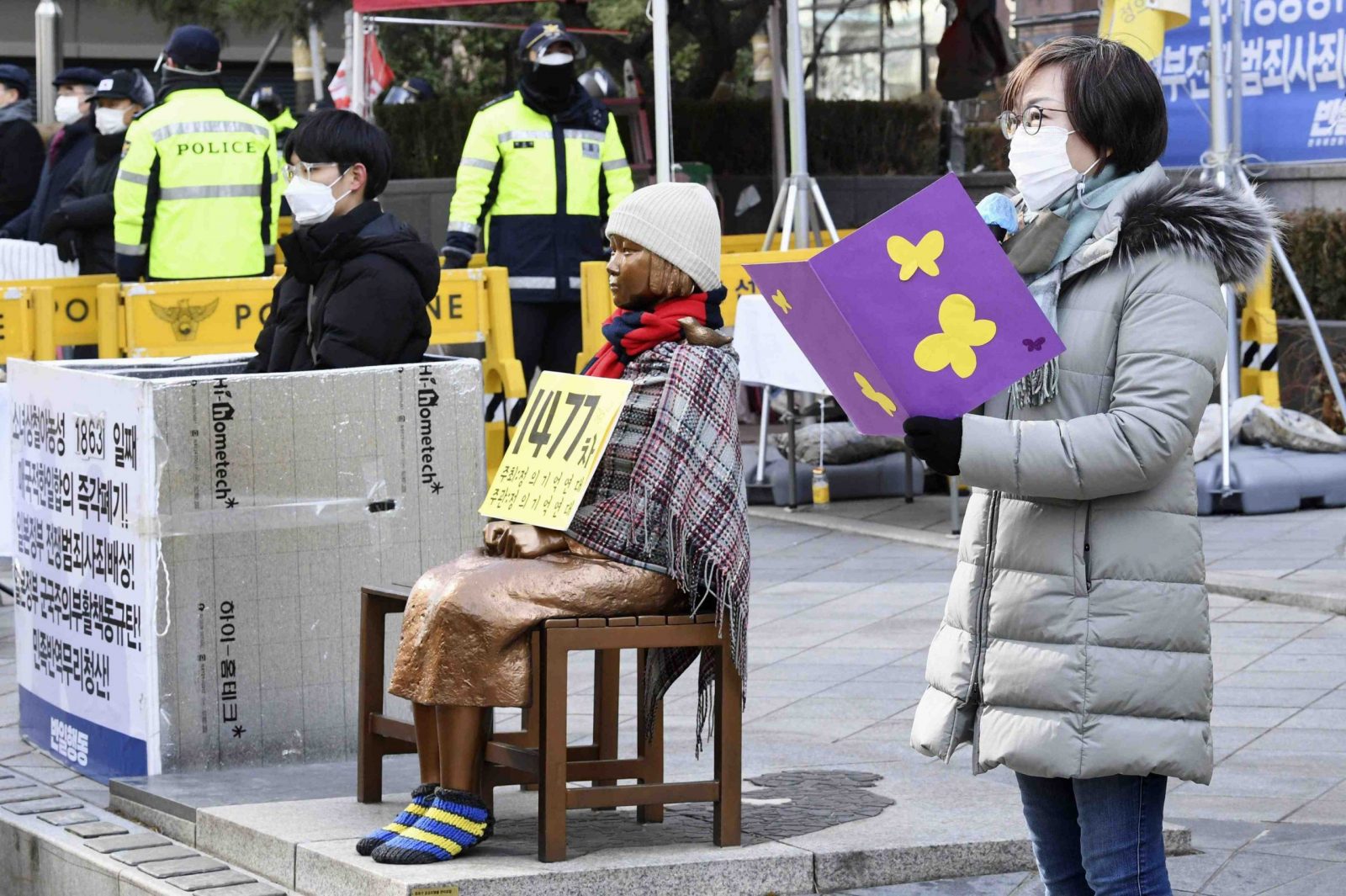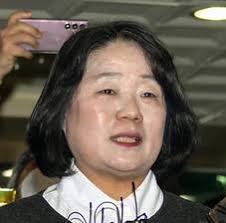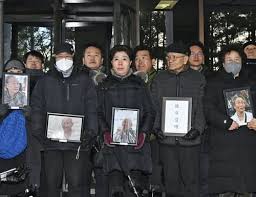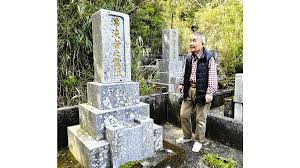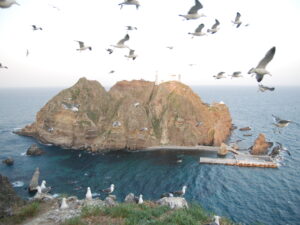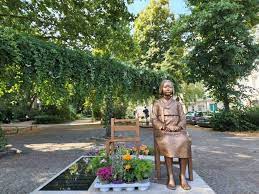A woman’s body was found on the frozen ice of the Tumen River. But neither China nor North Korea would clean it up. I think she was on the ice for more than two weeks.
Mr. A, a North Korean defector whom we met a few months ago, shuddered as he recalled the scene from about 10 years ago. The Tumen River on the North Korea-China border was a major route for North Korean defectors because of its shallow water, narrow width, and freezing temperatures in winter. Although guarded by guards with guns, they seem unable to discourage the will to freedom. However, the woman he witnessed was not as lucky as he was. Somehow she collapsed and froze to death on the way.
But even if she had succeeded in crossing the Tumen River, it may have been difficult for her to achieve the freedom she had hoped for. Many dangers lie ahead for defectors who cross into China, but the most frightening is the Chinese public security that lurks along the route. The public security, which defines defectors as illegal immigrants rather than refugees, is said to deport defectors when they are arrested. What awaits North Korean defectors taken to North Korea in this way is incarceration in prisons or political prison camps, or summary execution, so for North Korean residents, defection is a gamble with their lives. It is said that there are currently over 2,000 North Korean defectors detained in China, and that 600 were abruptly deported to North Korea as soon as the Asian Games held in Hangzhou recently were over. Under these circumstances, it is significant from a humanitarian perspective that the South Korean National Assembly adopted a resolution at its November 30 plenary session to “stop China’s deportation of North Korean defectors. Since 253 out of 260 lawmakers voted for the resolution, the voices of the ruling and opposition parties, which had always been at odds with each other, were united for the first time in a long time. The problem is that there are seven lawmakers who did not vote in favor of the resolution, which seems quite natural. Of these, Baek Hye-ryeon, a member of the Democratic Party of Korea, said that an error in the electronic voting machine caused her to abstain from voting and apologized for not being able to correct the error, but the remaining six have made no explanation so far and are believed to have voted according to their own ideas. The remaining six members are believed to have abstained from voting based on their own views, as they have so far made no explanation for their decision. The remaining six members, including Min Hyun-bae, who is known for leaving the party under false pretenses, Kim Jung-ho, and Shin Jung-hoon, who belong to the Democratic Party of Korea, as well as Justice Party member Kang Eun-mi and Progress Party member Kang Sung-hee, also abstained, indicating their support for the deportations. Of particular note was Yoon Mi-hyang, a member of the Progressive Party. This could be the case as he was convicted of embezzling funds he saved by taking advantage of comfort women victims. If he has to send his daughter to study in the U.S. to make ends meet, and if he has to eat kalbi and even get foot massages, he may feel tempted to embezzle. But to vote to abstain from denouncing the deportation of North Korean defectors is not much; how can one explain that a man who claims to sympathize with the pain experienced by comfort women victims 100 years ago would turn his back on the tragic realities faced by North Korean defectors? The very person who provided the impetus for interest here was former Democratic Party of Korea (DPJ) member Lim Soo-kyung. In 1989, when she was a university student, she went to North Korea without permission from the authorities and stayed for 45 days, earning her the nickname “the flower of unification” and eventually becoming a member of the National Assembly as a proportional representative. She then went on to say to Mr. B, a North Korean defector, who was trying to take a picture with her, “A North Korean defector with no sense of decorum rolled in and resisted a member of the National Assembly of the Republic of Korea? You and that (ruling party member) Ha Tae-kyung are doing crazy things about human rights in North Korea. Shut up and live quietly when you come to the Republic of Korea. You are a pervert. Take care of yourself.”
In other words, for Im Shu-kyung, the North Korean defectors, and for Ha Tae-gyong, who advocates human rights in North Korea, are deviants who have betrayed their leader. If Councilor Yun Mi-hyang holds the same worldview as Lin Su-kyung, it seems natural that she did not agree with his denunciation of the deportation of North Korean defectors. In fact, Rep. Mika Yun has been the subject of rumors related to defectors: in 016, Ho Gang-il, a manager who worked at a North Korean restaurant in China called Ryugyong Restaurant, defected along with 12 female employees he worked with, and in 2018, Ho Gang-il was accused by Rep. Mika Yun and other South Korea Council on the Issue of Para-Troops (Para-Taigi Council) officials invited them to a recreation facility for comfort women victims in Anseong, Gyeonggi Province, and he testified that he had encouraged them to return to North Korea. Although Yun Mi-hwa has said that this is not true, there are too many suspicious things she has said and done to believe in her innocence. Yun Mi-hwa has routinely opposed the deployment of the Terminal High Altitude Area Defense (THAAD) missile, has called for joint exercises between South Korea and the United States, and has supported the declaration of an end to the war that would lead to the withdrawal of U.S. forces in South Korea. -Kim Sam-seok, the husband of Councilor Yun Mi-hwa, and her sister-in-law Kim Eun-ju were in contact with an anti-state group called the Korean Nationalist Federation, received funds, and were sentenced to prison. This is the so-called “brother-sister spy ring” case. However, she was detained without a warrant and forced to confess by the Ministry of National Security Planning, and was found guilty of contacting and accepting money from the Korean Nationalist Federation. -Rep. Mika Yun chose a spy as her aide. Mr. B, an aide (certified secretary), was caught spying by contacting North Korean officials in Vietnam and reporting a random number table (coded text) to North Korea, but Mr. B worked as a reporter for the pro-North Korean media “Unification News” and had worked with Rep. Since they had worked together, there is a high probability that Councilor Yun Mika also knew that Mr. B was a pro-North Korean figure. Still, Yun Mika hired B as her aide, and one wonders how many state secrets B took out of the National Assembly, but Yun Mika refused to answer any questions about them. The Federation of Korean Residents in Japan (FKRK) supports and admires North Korea and has been ruled an anti-state organization. However, on September 1 of this year, Yun Mika attended an event organized by the Federation of Korean Industries to commemorate the 100th anniversary of the Great Kanto Earthquake. At the event, he made remarks typical of an anti-state group, such as calling South Korea a “South Korean puppet regime,” but Yun did not protest a single word, according to Yun. When the issue came up, he said, “There are Korean Confederation of Trade Unions everywhere in Japan. I only offered flowers,” he defended himself. Looking at the footsteps of Councilor Mika Yun, it makes me angry that such a person became a proportional representative thanks to the DPJ and almost completed her four-year term despite her many misdeeds. I recommend to her. If you like North Korea so much, don’t do this here, go to North Korea. It’s cooler there, and you won’t have to sweat. Seo Min, Professor, Department of Parasitology, Dankook University
